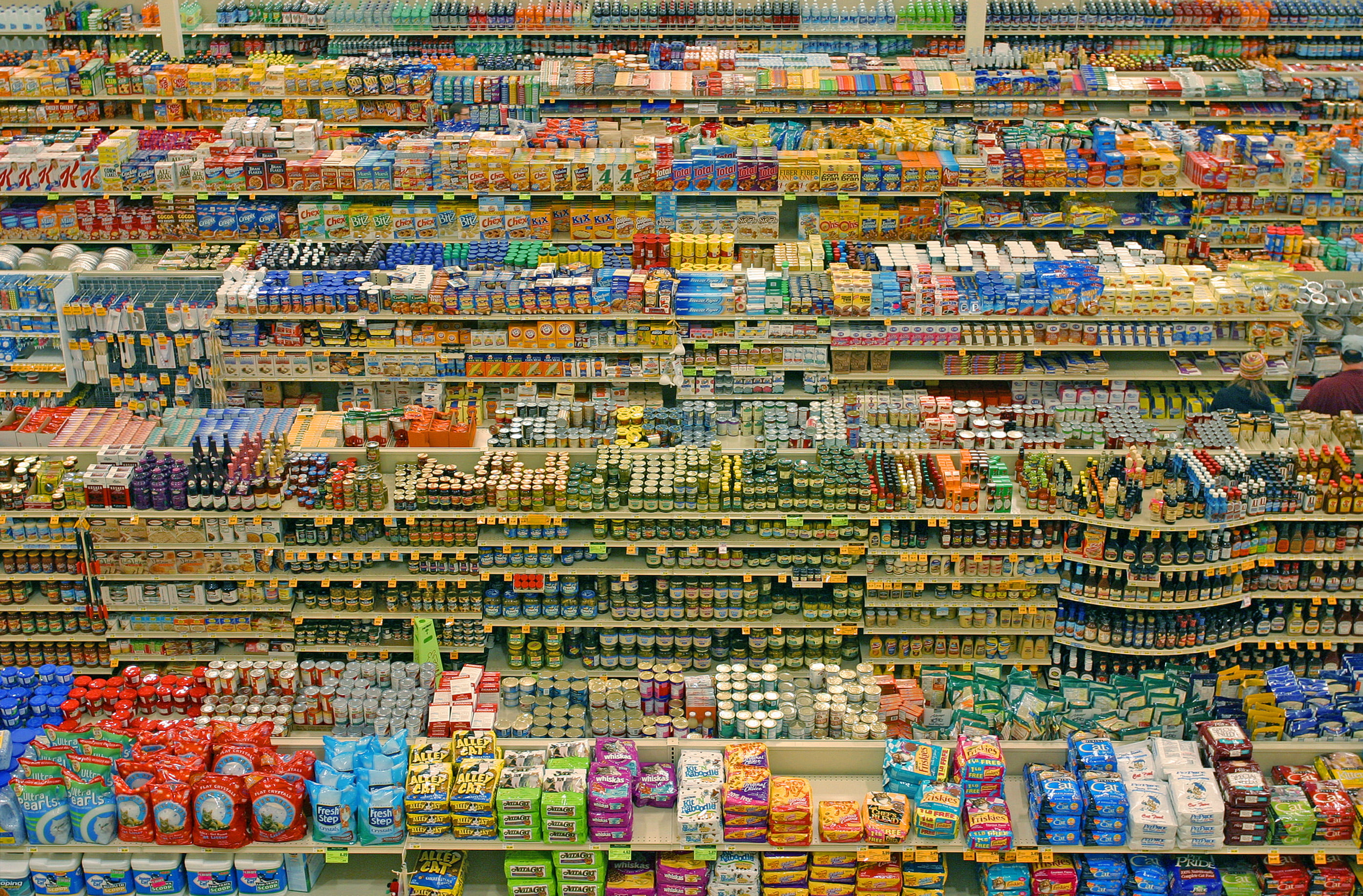2016 German study “Effects of Taxing Sugar-Sweetened Beverages on Caries and Treatment Costs” by F. Schwendicke, W.M. Thomson, J.M. Broadbent, M. Stolpe, a research of the German population aged 14 to 79 years over a 10-year period, connected the estimates of the impact of at sugar-sweetened beverage (SSB) sales tax on caries increment and associated treatment costs. It concluded that implementing a 20% SSB sales tax reduced sugar consumption in nearly all male groups (but in fewer female groups). One of the conclusions was that tax would also reducing inequalities in the distribution of caries experience, and generally reduces dental treatment cost.
This research was published in October 2016 in an online magazine Journal of Dental Research. It represents the first economical evaluation of the effects of taxation on the caries increment and the treatment costs.
The reaction from the food and beverages industry lobby was quick. International Council of Beverage Associations immediately issued a video “The Truth About Beverage Taxes” according to which the real costs on consumers and small businesses were not calculated correctly.
Obviously, the industry was shaken by the findings of the German study, but the question remains: would you be ready to pay a tax on your unhealthy habits?
